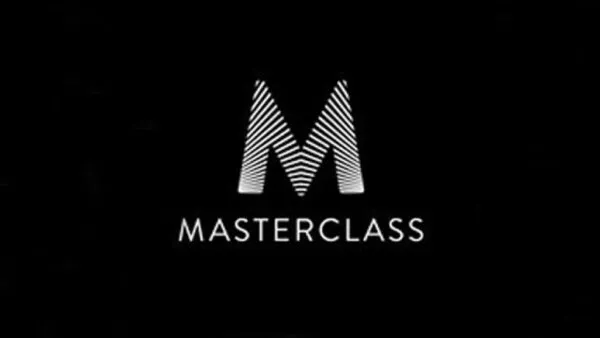
Improve Your Reading Skills With These Online Classes
I’ve always read a lot of books, but there were years of my life where I didn’t feel like I was getting as much out of them as I could have been.
I decided the main issue was that I was regularly reading a book in a day or two, which left little time for it to imprint on my long-term memory. I have absolutely no idea if this is how brains/imprinting work, but it seemed to make sense to me. So, in an effort to live longer with a book, I started reading several books at once and cycling through them. Currently, I’m actively reading nine books.

Folks who generally read one or two books at a time are often aghast at this, and I get it. Their first question is how I keep all those books straight, to which I used to say, “The same way you keep track of the dozen TV shows you’re in the middle of.” Of course, now with streaming and fewer shows dropping an episode a week, this is an outdated retort that doesn’t have the impact it once did.
Over the years, I’ve enjoyed reading many books at once but I don’t know that it’s really done much to improve my retention. I do know that talking about a book while I’m reading it or shortly after I’m reading it does help me to retain it longer, as does writing a review. Unfortunately, I do not currently have anyone in my life who would like to hear me talk for five hours a day about every twist and turn or bob and weave in the book I’m reading.
So I’ve decided to get serious in the new year and find out: Could I in fact be reading harder? Could I retain more, understand better, or read faster? I searched high and low to find the best online reading classes to see if they hold the answers.
Gotham Writers: Reading Fiction
Gotham Writers has two Reading Fiction courses, one that focuses on “Spheres” and another that focuses on “View and Voice.” Each one is six weeks long, the first five of which are spent analyzing a short story. The sixth week is spent analyzing a novel.
The purpose of this class is to prepare writers by showing them how to read like a writer. One of the most common pieces of advice you get as a writer is to “read, read, read” so it makes sense that this reading class would be geared towards writers. It’s $319 + registration fee.
Udemy: Improve Your Reading Speed and Comprehension
Billed as “Not for students who simply want to ‘read fast and get it over with,'” Improve Your Reading Speed and Comprehension aims to do it all. I’m personally wary of speed reading because it seems it would make my retention issue worse, but according to these folks, you can speed read and super-comprehend at the same time. $45
Skillshare: Reading: How to Read a Book!
This Skillshare class Reading: How to Read a Book! starts out explaining to the viewer why they should want to read more and better and, over the course of 14 lessons, gets into the nitty-gritty of finding books you enjoy, remembering what you read, and applying what you read. $8+ per month for a wide range of Skillshare classes.
ReadingHorizons: Reading Program for Adults
The Reading Program for Adults from ReadingHorizons is geared towards those who want to read faster and better comprehend what they read, while also gaining confidence in their reading skills. There’s also an option for children, which makes this a great choice if you and your kids want to improve your reading together. $199+
MasterClass: Reading and Writing Poetry with Billy Collins
MasterClass brings you Reading and Writing Poetry, the first class from former U.S. Poet Laureate Billy Collin. He starts you off with a few exercises to get you writing your own poem but quickly moves into the joy and importance of reading poetry. If you want to read better to write better poetry, then this is the class for you. $180 per year for access to hundreds of Master Class classes.
Harvard University: Reading Homer’s Odyssey
If you’re generally a pretty strong reader but struggle with the classics, this class on reading Homer’s Odyssey taught by a Harvard professor will show you how to understand Homeric language and meter and give you some background on the poem, too. While this course is specific to The Odyssey, what you learn here could surely be used to read other epic poems of its generation. Starting at $960.
Wondrium: Great American Short Stories: A Guide for Readers and Writers
I have not historically been the biggest fan of most short story collections. I generally feel that if the story and characters are good, I want more time with them, and if I’m glad a story ends after 20 pages, well, that’s generally not a good sign. Over the years this opinion has changed, thanks to short story wizards like ZZ Packer and Randall Kenan.
If you feel that you’re not getting as much out of short stories as you could be, I recommend checking out this class that describes itself to be a Guide for Readers and Writers of short stories and then check out 8 of the Best Short Story Collections. $12.50+ per month for access to all courses at Wondrium (formerly Great Courses).
It’s great to live in a time where we can find a class on virtually any topic and take it from home without getting out of nighttime attire, but then again we also live in a time where we have tiny computers beeping at us from our pockets all day, begging for our attention. Perhaps my next goal should be to write a round-up of courses on how to end a toxic phone relationship.


